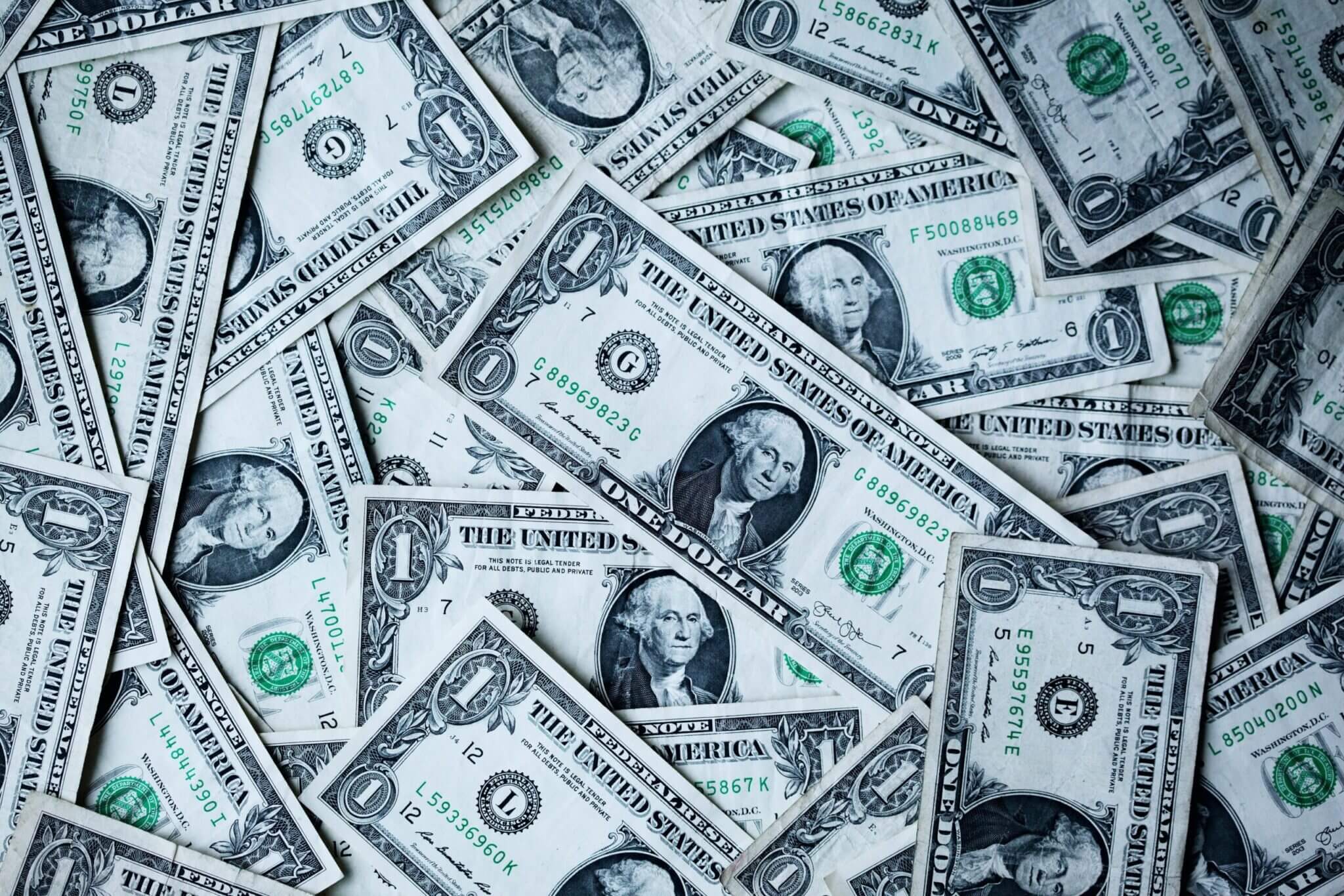If you would have told me that the financial future of the US markets and economy could hinge on a legacy video game retailer that has been in decline for years, I wouldn’t have believed you. But here we are…
GameStop and the collective power of coordinated retail investors have brought about an erosion of confidence in our financial systems. Shifts in the past few days indicate the rise of a bearish sentiment within the market.
The movement centered around GameStop is being called the “The French Revolution of Finance” by some Reddit users. It is not far fetched compared to what we may see next week.

Casualties on all sides in an uneven playing field
Regardless of whether you are invested in GameStop, you are probably feeling the pressure and uncertainty arising from the situation as an investor. Both the DOW and S&P 500 are down almost 2% over the past week of trading. Many individual stocks are hurting as well despite a week of mostly positive earnings reports from some of the most anticipated companies (looking at you for dragging everyone else down, Boeing and J&J.)
Amidst the surge in the populist movement of Gamestop and retail investors jumping in to stick it to traditional Wall Street, the chaos could consume us all — or provide exciting new opportunities.
The financial battlefield is uneven when retail investors don’t have access to the same tools of the game — perhaps because grasping life-changing wealth at the expense of the rich has always been an illusion.
The sandbox was only free when the big kids were winning. Many of them have never lost. Restrictions through brokerage accounts such as shutting off the ability to buy shares (but selling your entire position is fine, little Timmy.), then further limiting the number of shares that users are able to purchase, creates an uneven playing field.
Reddit has cried out against brokerage firms like Robinhood for manipulating the price market by creating unfair restrictions that force the price of stocks down. The SEC has vowed to investigate the events of the past week with intense scrutiny and to protect retail investors.
With the astronomical heights, GameStop and other stocks have achieved over the past two weeks, someone has to hold the bag at the end when the astronomical valuation simply isn’t supported by the underlying business. WallStreetBets is betting on the fact that it will be the hedge funds. In their ideal outcome, every retail investor will get a piece of the profit pie as hedge funds cut their billions in losses and go home.
What happens to GameStop at the end of the day when everything is said and done? Who knows.
Despite the fact that it is apparent and likely that hedge funds will lose money until they cut their losses, no one knows the days-to-cover or short ratio that will tell us how long the price surge phenomenon will last. Most sources believe the vast majority of these losing short positions remain open.
Once the hedge funds have fulfilled their contractual obligations and covered, it is every man for himself, and in theory, the stock price has nowhere to go but down.
Looking to the past
When the covering starts in full force, an additional short squeeze is likely to occur.
This occurrence, in its simplest form, is the financial equivalent of a black hole.
A short squeeze is a moment in time when the singularity of no available shares to purchase + an incredible outstanding debt causes an “infinite” spike in price. It’s exactly what investors in GME who have taken up arms against the short interest in the company are betting on. And while this phenomenon has happened in the past, the potential for GameStop’s squeeze is astronomical.
Two examples of a short squeeze occurring in the past (though the stakes were much lower than what the hedge funds stand to lose) are Volkswagon in 2008, and Tilray in 2018.

We see, that when the squeeze occurred, it was nearly a vertical climb to dizzying heights that ended almost as quickly as it began.

In the case of Tilray, the same event occurred, but with only 19.65% of the float shorted. We still see a near-vertical climb, but it was more spread out and less sudden than the case of VW in 2008. Notably, at its peak, short interest in GameStop was equal to 140+% of total available shares. Calculations of GME’s float are a lot murkier and more obscure given how obscene and crazy the past few weeks have been. It’s hard to determine exact figures with high conviction.
Hedge funds that have short interest in GameStop want to flatten the curve. The longer they can draw out the process and try to outlast retail investors, the less they could end up losing in the end. Their goal next week is to prevent the short squeeze from going “infinite” while trying to mitigate some of their potentially unlimited losses.
If* the short squeeze for GameStop begins, it will be apparent for all.
What we stand to gain
- Financial and Entrepreneurial lessons that may create innovation and new prospects for the future.
Just like in 2008, there will likely be lessons and takeaways that will fundamentally shape and restructure some of the financial norms that have been established in the past decade. New trends and emergences within the industry could pave the way for future growth. Or decline.
- Regulations from the SEC that further level the playing field and help protect retail investors in the future.
As we have seen in the past few days, retail investors have shattered the smoke and mirror illusion that the investing playing field is even and fair for all. It is up to the SEC to thoroughly review the events we are experiencing to uncover bad actors and enact new regulations that will help protect retail investors going forward.
- A slight shift in wealth and empowerment for retail investors.
If the short squeeze happens, many retail investors will become wealthy — others will lose money. But access to the same financial tools and knowledge for everyone is becoming apparent. New companies and services will emerge to cater to the stark rise in retail investors. And legacy players in the space will be forced to innovate if they want to remain relevant for the next generation of newcomers.
- A new American Dream.
The events of the past weeks have shown that anyone can be an investor. With many popular services now, all it takes is $1 to own a piece of any company. More and more retail investors will emerge and will gain access to the powerful financial forces of time and compounding for the first time in their lives.
What we stand to Lose
- A shift into a bear market or recession.
Markets are already down from the events of the past week. It is possible that the uncertainty and volatility of GameStop and a select other few stocks create or trigger a bear market or recession for the country.
- Further erosion in the confidence of our financial systems.
Amongst other concerns, there is a growing lack of conviction into the financial systems and processes that have supported the US economy for over a hundred years. Erosion of confidence could lead to new regulations (both good and bad) and remove trust in investing as a whole.
- GameStop may implode at the end of all this.
If they are unable to innovate and fix the underlying business, it is likely that GameStop could implode at the end of this — or more likely, slowly fade away. Fortunately for them, Chewy Co-Founder Ryan Cohen has joined the board and pledges to bring digital innovation to the stagnant and declining company. The turmoil from recent events creates uncertainty and intense exposure to volatility for previous and new investors alike. How can those who stick around trust that they are making a good investment?
Disclaimer: I do hold a limited percentage of my investment portfolio in GME, simply to participate in history. This article is for informational purposes only. It should not be considered Financial or Legal Advice. Not all information will be accurate. Consult a financial professional before making any significant financial decisions.





























